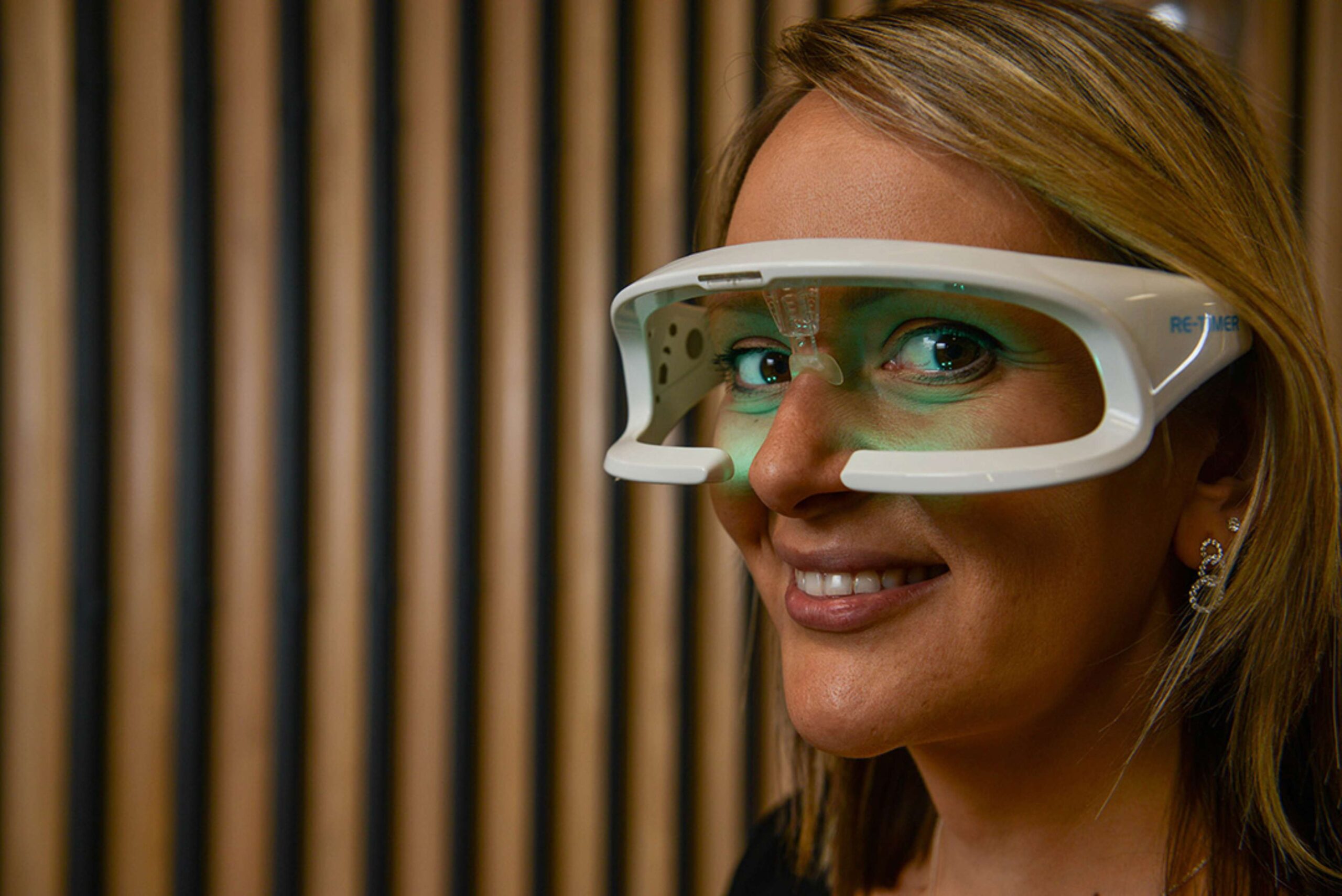
Generating new knowledge and solving community problems are in our Flinders University DNA so it follows there’s solid support to encourage emerging researchers on their impact trajectory.
The Impact Seed Funding for Early Career Researchers grant program does just that, providing up to $10,000 to assist researchers who demonstrate outstanding potential in their field to break new ground and develop their research career.
Impact Seed Funding Grants are supported by donations from alumni, members of the community and staff, with over 50 emerging researchers benefitting from the program since 2018. Donations are now being gratefully accepted for the 2024 round.

Deputy Vice-Chancellor (Research) Professor Robert Saint has announced the recipients of the 2023 Impact Seed Funding grants who are each driving studies aimed at generating tangible, evidence-based results for a better future.
“Congratulations to Dr Anne Mette Adams, Dr Lisa Furlong, Dr Sarah Giles, Dr Ben Lohmeyer and Dr Gorica Micic,” Professor Saint says.
“This seed funding can be life blood for projects, enabling researchers to explore new ground, often with their first independent study, while giving them a step-up in their careers and providing recognition across our Flinders community,” he says.
“It also demonstrates our Flinders culture in action, as donors to this grants program include our staff, alumni and other supporters, and I thank you all for your important contributions in helping our early career researchers.
“Impact Seed Funding is a win-win as our researchers gain support on their research career trajectory and the wider community benefits from the new research knowledge that our talented people deliver.”
The 2023 Impact Seed Funding for Early Career Researchers:
Dr Anne Mette Adams, College of Nursing and Health Sciences
Clinical practice guidelines for the nonpharmacological prevention, minimisation and management of agitation in the ICU – independent review
“Patient agitation is common in the intensive care unit, and can be dangerous for patients, families and health care providers if not managed well. Due to the side effects of medication, clinicians are encouraged to use non-drug strategies. However, clinicians have no guidelines to follow, resulting in inconsistent practices and an overuse of medication. Based on these challenges, this study aims to provide high-quality, feasible and acceptable clinical practice guidelines for the non-pharmacological prevention, minimisation, and management of patient agitation.”
Dr Lisa Furlong, College of Nursing and Health Sciences
Mobile apps to support foundational reading skills: An evidence-based analysis of quality and efficacy
“Recently there has been a rapid influx of mobile applications purporting to support the development of foundational reading skills. While speech pathologists, educators and families may be tempted to use such apps, there is little evidence to support their use. The aim of this study is to conduct an evidence-based approach to quality appraisal of mobile applications designed to develop foundational reading skills. Findings will provide crucial evidence-based recommendations to help consumers identify apps that are of high quality and therapeutic benefit.
Dr Sarah Giles, College of Science and Engineering
Bacteriophage: mutagenesis, therapy and wine
“This project will identify the prophages and the integrase genes in our collection of wine bacterial strains using genomic sequencing and bioinformatics. Using cutting-edge genome editing techniques, we will remove the integrase gene from a prophage, switching it to a lytic phage. The first-of-their-kind results from this project will produce high-impact manuscripts and establish a foundation for applying phage therapy in the wine industry. Wine spoilage during fermentation is a fundamental and presently unavoidable global issue in wine production.”
Dr Ben Lohmeyer, College of Education, Psychology and Social Work
Mapping Early-life Loneliness in Built Environments: Piloting a model for co-research with young people from the SA Youth Forum
“This project aims to pilot a method to investigate how young people navigate loneliness in built environments. Loneliness has been thought to predominantly impact older people, yet young people (18-25 years) in Australia are more likely than any other age group to experience loneliness. Furthermore, cutting-edge research is now interrogating the phenomenon as an emotional experience in built environments. In partnership with the South Australian Youth Forum, this project will create a method of working with young people as co-researchers to address the critical lack of research on young people’s experiences of loneliness in built environments.”
Dr Gorica Micic, College of Medicine and Public Health
Improving sleep and wellbeing through body-clock tracking and personalised light therapy
“In the modern 24-hour society, light pollution significantly impacts sleep and health via circadian (body clock) misalignment. Feasible methods to measure circadian rhythms do not exist due to the time and costs associated in continuously tracking human 24-hour cycles. Resultantly, clinicians in practice rely entirely on guesswork to manage circadian sleep disorders. This project will provide sophisticated tools to reliably track circadian rhythms from practical and minimally intrusive wearable sensors and show feasibility in optimising circadian disorder treatment in a clinical setting.”
Help support our early career researchers by donating today to the Impact Seed Funding program. For more information and to donate, click here.

